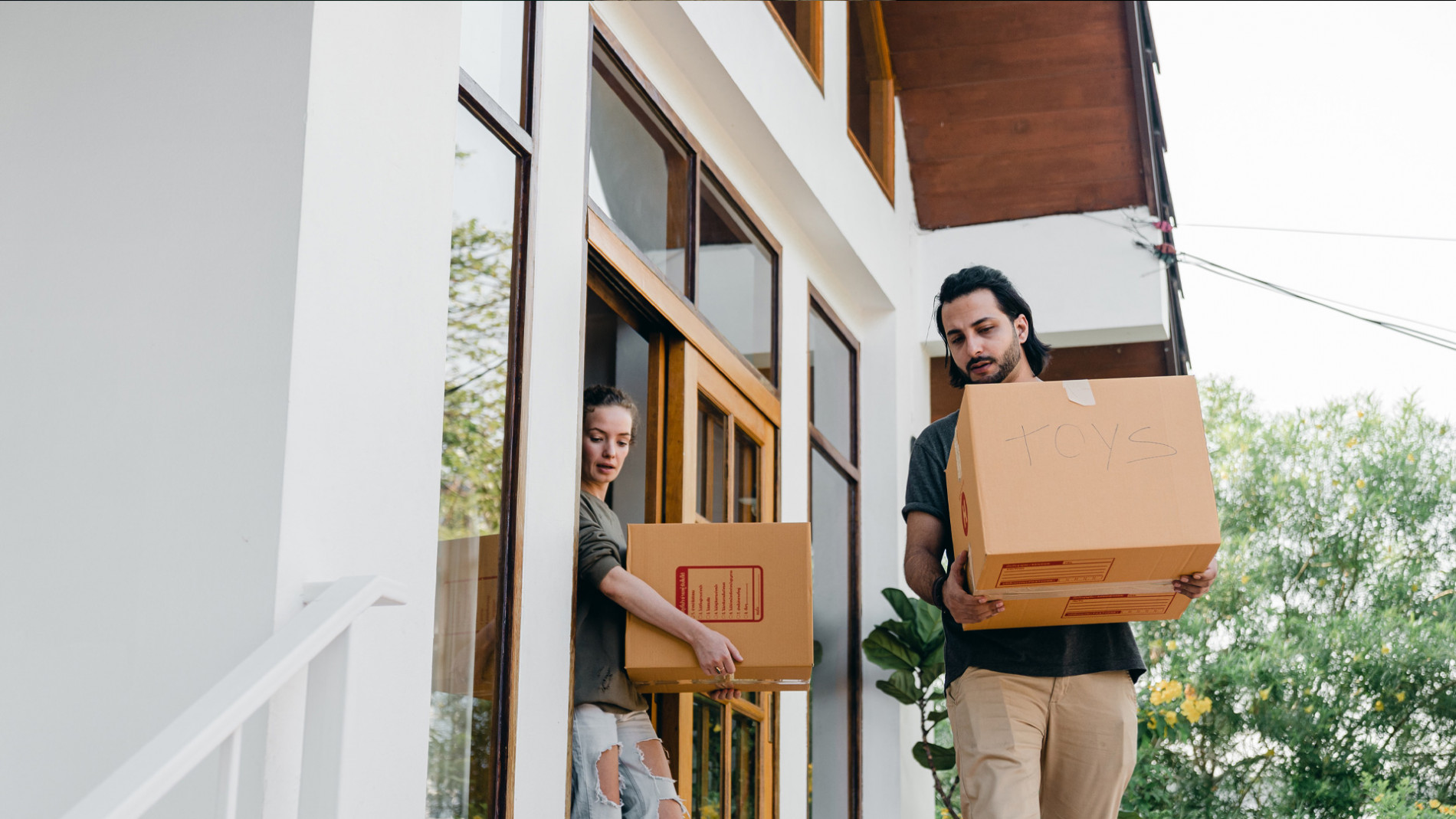Goods and documents left behind after a tenant/resident has moved out must be returned or disposed of according to specific rules.
Personal documents and money left behind
Personal documents (e.g. birth certificates, original family photographs) and money must be given to the tenant. If the tenant/resident cannot be contacted, the personal documents must be given to the Office of the Public Trustee within 7 days of the end of the tenancy.
The Public Trustee does not take passports, Medicare cards, drivers’ licences or bank cards - these remain the property of the issuer (e.g. a Medicare card should be returned to the Department of Human Services).
The Act outlines requirements regarding the collection, storage, and destruction of personal information during the rental application process and after the end of a tenancy. See personal information for more.
Requirement to contact the owner of goods left behind
A property manager/owner must make reasonable efforts to contact the tenant/resident about goods left behind at a property. If the property manager/owner makes reasonable efforts but is unable to contact the owner of the goods, or the owner of the goods does not reclaim the goods, a property manager/owner may sell the goods by auction.
Reasonable efforts to contact an owner of goods left behind include attempting contact via:
- phone, including text message (SMS)
- social media private message
- emergency contact
- online newspaper advertisement.
Valuing and managing goods left behind
Goods should be valued to determine their worth. An item that may appear to be junk can actually be valuable. If the property manager/owner intends to dispose of, or sell goods left behind, a record of the items should be kept (e.g. itemised list, photos etc) in case of a future dispute over the items.
The type of tenancy agreement and the total value of the goods left behind determines how and when the goods can be stored, sold or disposed of.
The threshold values listed below apply to tenancy agreements entered into from 1 September 2025. Agreements entered into before 1 September 2025 remain valid. Learn more about changes to Queensland tenancy regulations.

